With the global Halal economy estimated to reach 7,700 billion USD by 2025, expected to increase to 10,000 billion USD by 2028, Halal is considered a large and very potential market for major food producing countries; including Vietnam.
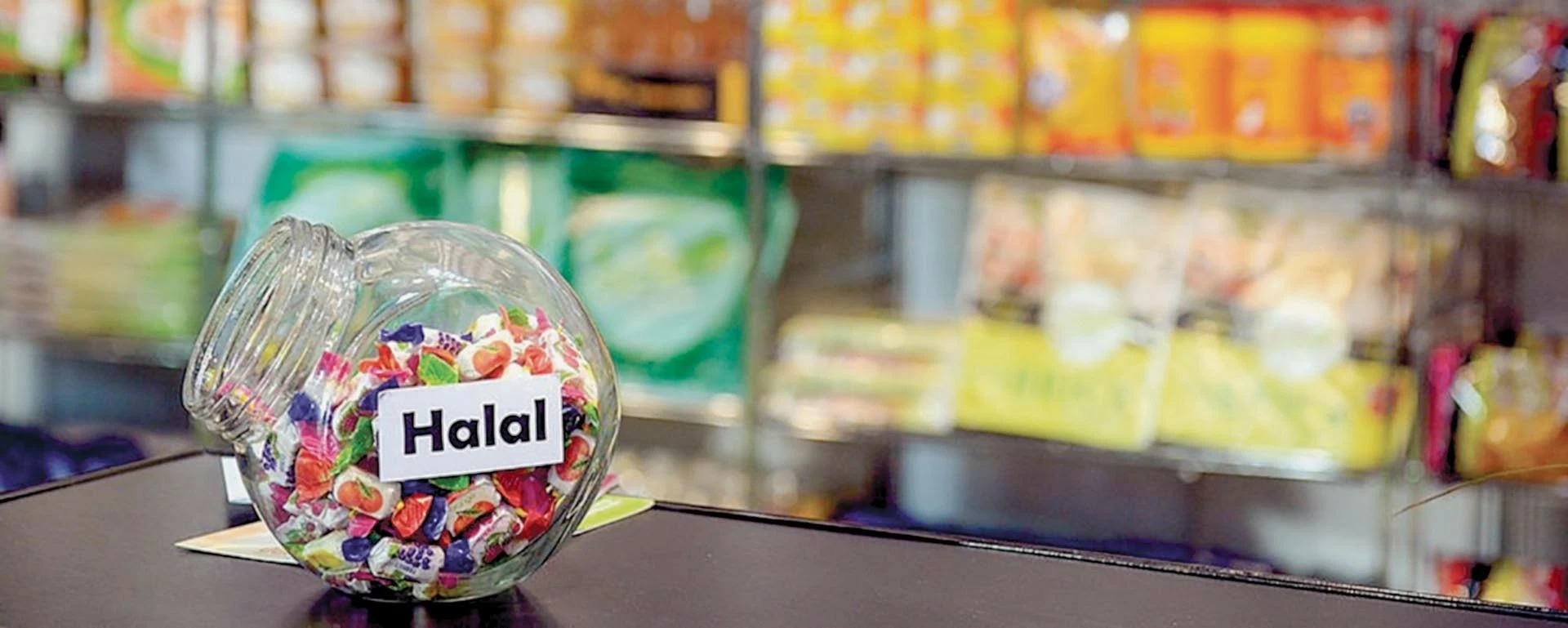 |
| Every year, Vietnam has about 50 companies that are granted Halal certification, with products mainly being seafood, beverages, canned foods, confectionery, vegetarian foods and pharmaceuticals. (Source: Getty Images) |
Diversifying export markets and opening new markets with much room for growth, such as the Halal market, is considered the "key" to opening more "doors" for Vietnam's agricultural and aquatic product exports.
With the ability to export over 50 billion USD worth of agricultural products each year and having built supply chains, this will be an opportunity for Vietnamese agricultural and aquatic products to enter the Halal market if there is proper and effective investment, creating momentum for agricultural economic development.
To continue expanding the export of agricultural and aquatic products, Deputy Minister of Agriculture and Rural Development Phung Duc Tien said: In addition to the markets of China, the US, Japan, the European Union (EU)... the Ministry of Agriculture and Rural Development will focus on exporting agricultural and aquatic products to Halal markets, the Middle East...; especially livestock and aquatic products.
According to Deputy Minister Phung Duc Tien, although agricultural and aquatic products have been exported to many markets and trade promotion has been effective, Vietnam must enter demanding and specific markets such as the Halal market, so that Vietnamese agricultural products can have more segments, more markets, and higher export turnover.
Currently, there are more than 2 billion Muslims in the world. Many Muslim countries are actively participating in the global Halal market - a market that requires many specific and very strict requirements. Everyday foods must be certified according to Halal standards.
Mr. Truong Xuan Trung - Vietnam Trade Counselor in the United Arab Emirates (UAE) assessed: Vietnam is one of the world's leading countries in exporting agricultural and aquatic products and processed agricultural products such as rice, tea, cashew nuts, coffee, pepper, vegetables, fruits, etc., and beverage products. Vietnam is located in the Southeast Asia and Asia regions with a large concentration of Muslim populations such as Indonesia, Malaysia, the Middle East region, etc.
In addition, Vietnam has a policy of developing relations with Middle Eastern and African countries; including promoting cooperation in production, import, and Halal certification. This is also a favorable condition for Vietnamese enterprises to export products to the Halal market.
According to Mr. Truong Xuan Trung, the size and demand of the Halal market is very large. If we look at the growth figures on consumption of main product groups in the UAE market, we can see that Vietnam has strengths in product groups such as agricultural products, processed agricultural products, and cereals. To further promote the export of Vietnamese products to the Halal market, Vietnamese enterprises must have Halal certificates to meet export standards to Muslim countries.
According to experts, although it is a large, potential market with favorable geographical location, Vietnamese goods in general, and agricultural and aquatic products in particular, entering the Halal market are only at the initial stage of exploration. Each year, Vietnam has about 50 companies granted Halal certification with main products being seafood, beverages, canned foods, confectionery, vegetarian food and pharmaceuticals. If well utilized and promoted, it will help Vietnamese agricultural and aquatic products firmly participate in the Halal product market.
However, the biggest challenge for the Halal industry is that there is no single Halal standard recognized worldwide. According to Ms. Ly Kim Chi - Vice President of the Ho Chi Minh City Business Association (HUBA), President of the Ho Chi Minh City Food and Foodstuff Association (FFA), Halal standards and regulations are becoming increasingly stringent.
Halal certification is not permanent and is not mutually recognized in all countries and for all products. This causes many difficulties for businesses because they have to re-certify many times and must register for appropriate certification based on each export market.
As a business producing nutritional cakes from agricultural products such as cashews, cocoa, coconuts... VietGlobal Agricultural Products Production and Trading Joint Stock Company has taken a bold step to penetrate the Halal market, a new market that requires strict compliance with quality standards and production processes but has many opportunities.
Ms. Mai Thi Ngoc Nga, CEO of Zcake Nutritional Cakes - VietGlobal Agricultural Products Production and Trading Joint Stock Company, shared that Halal consumers are not too strict about prices, as long as the products fully meet quality and safety standards. This is an important factor that helps the company feel confident when starting to export products to Malaysia, a target market of the company in the Southeast Asia region.
The company is not only focusing on the Malaysian market but also plans to expand to other markets in Southeast Asia and even the Middle East. These are markets with a high demand for Halal products and less competition than large markets such as Europe or the US, Ms. Mai Thi Ngoc Nga shared.
Deputy Minister Phung Duc Tien emphasized: The potential and requirements for agricultural products, especially Vietnamese livestock products, to enter the Halal market have been clearly identified. Therefore, businesses need to closely coordinate with state management agencies and specialized units of the Ministry of Agriculture and Rural Development such as the Department of Animal Husbandry, the Department of Veterinary Medicine, the Department of International Cooperation, etc. to approach and gradually improve the process, remove technical barriers, and soon bring livestock products, typically Vietnamese chicken, to the Halal market.
“Enterprises must have specific plans and schedules for each task and content so that specialized agencies of the Ministry of Agriculture and Rural Development can promptly support the entire production process from: breeding, barns, feed, slaughter... to be completed according to Halal standards,” Deputy Minister Phung Duc Tien emphasized.
Source: https://baoquocte.vn/thi-truong-halal-chia-khoa-mo-them-canh-cua-cho-xuat-khau-nong-thuy-san-viet-nam-290931.html





![[Photo] Cat Ba - Green island paradise](/_next/image?url=https%3A%2F%2Fvphoto.vietnam.vn%2Fthumb%2F1200x675%2Fvietnam%2Fresource%2FIMAGE%2F2025%2F12%2F04%2F1764821844074_ndo_br_1-dcbthienduongxanh638-jpg.webp&w=3840&q=75)




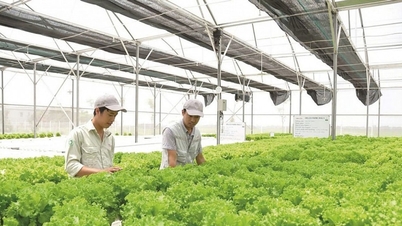

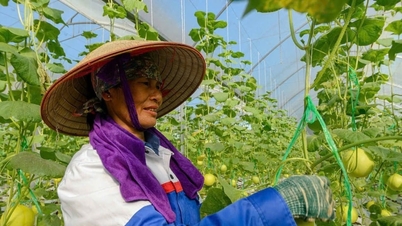




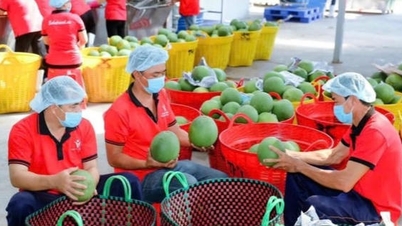






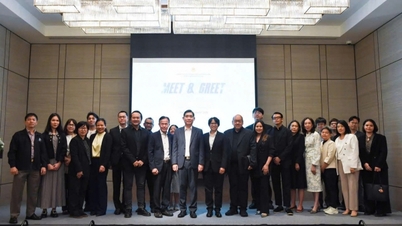
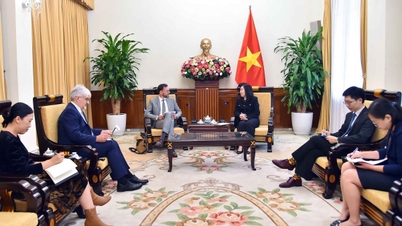
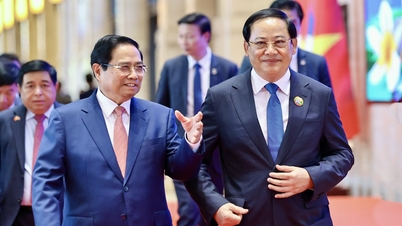




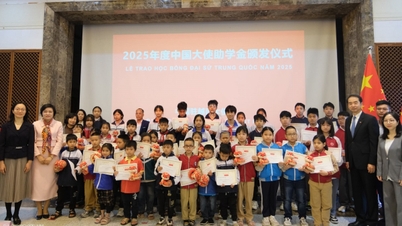
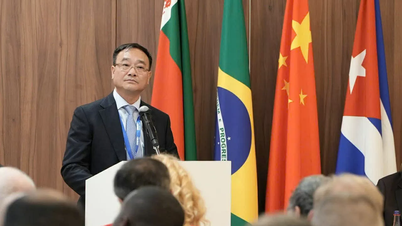


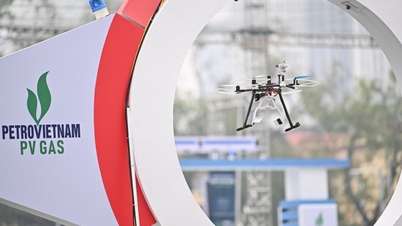
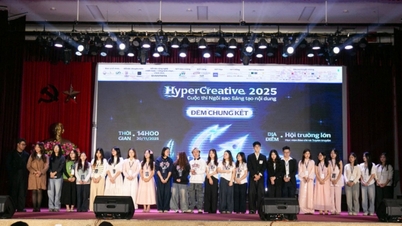

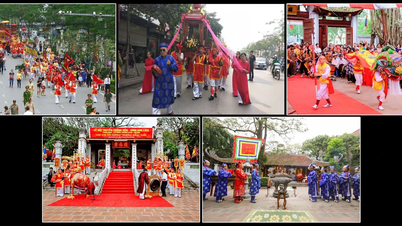

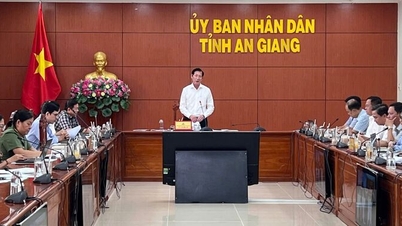



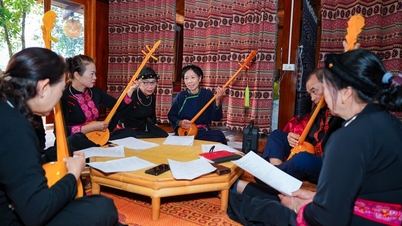



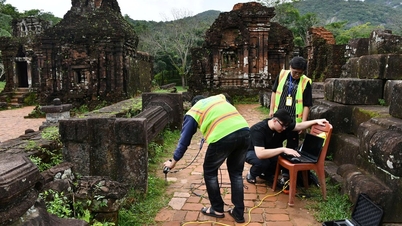




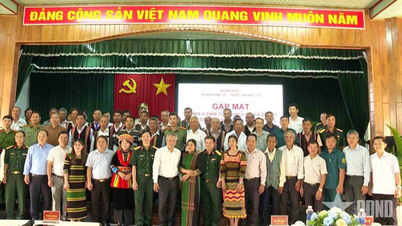

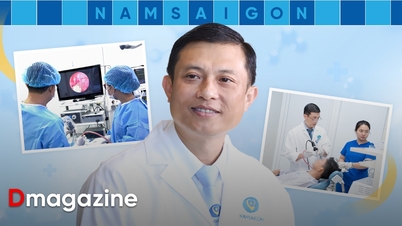

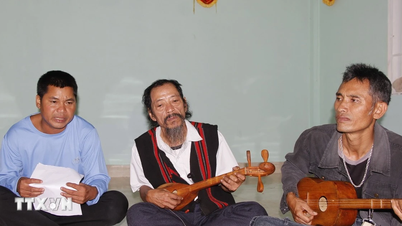




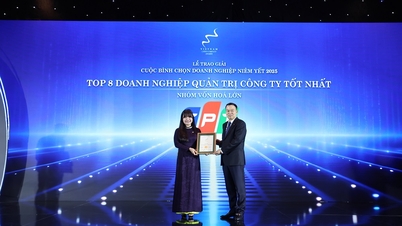

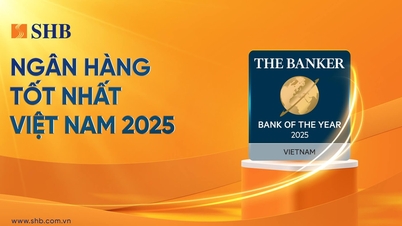
![[VIMC 40 days of lightning speed] Da Nang Port: Unity - Lightning speed - Breakthrough to the finish line](https://vphoto.vietnam.vn/thumb/402x226/vietnam/resource/IMAGE/2025/12/04/1764833540882_cdn_4-12-25.jpeg)
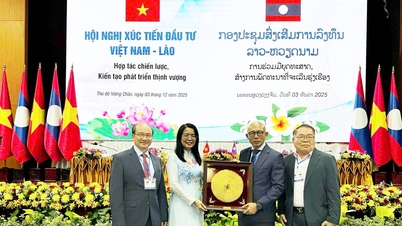
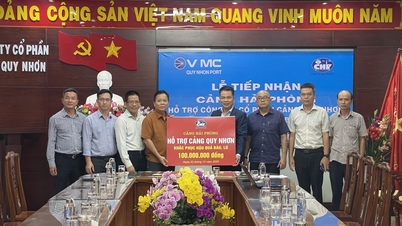







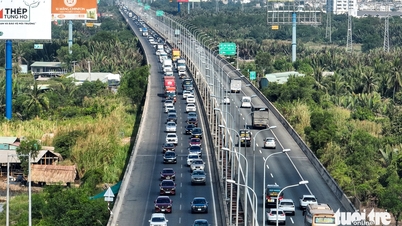





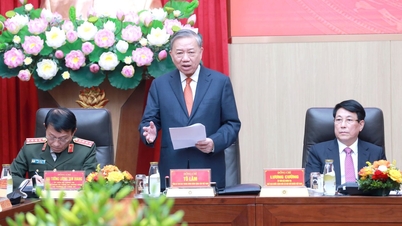

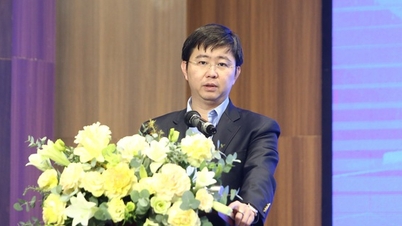

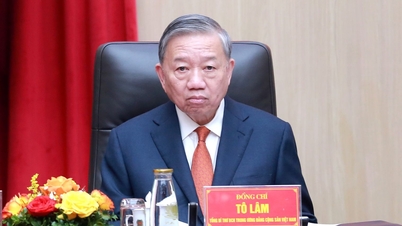





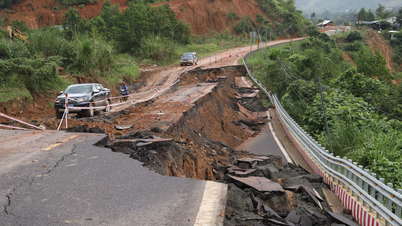



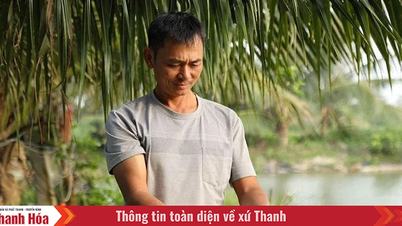


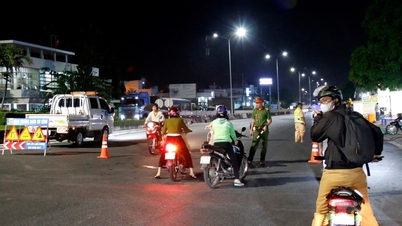









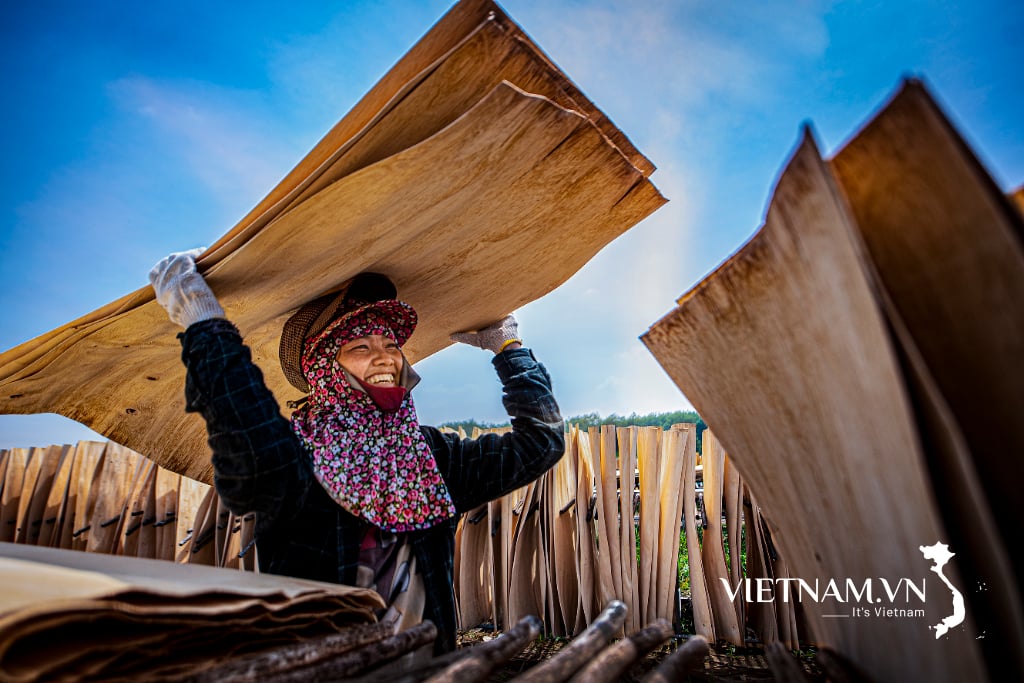



Comment (0)